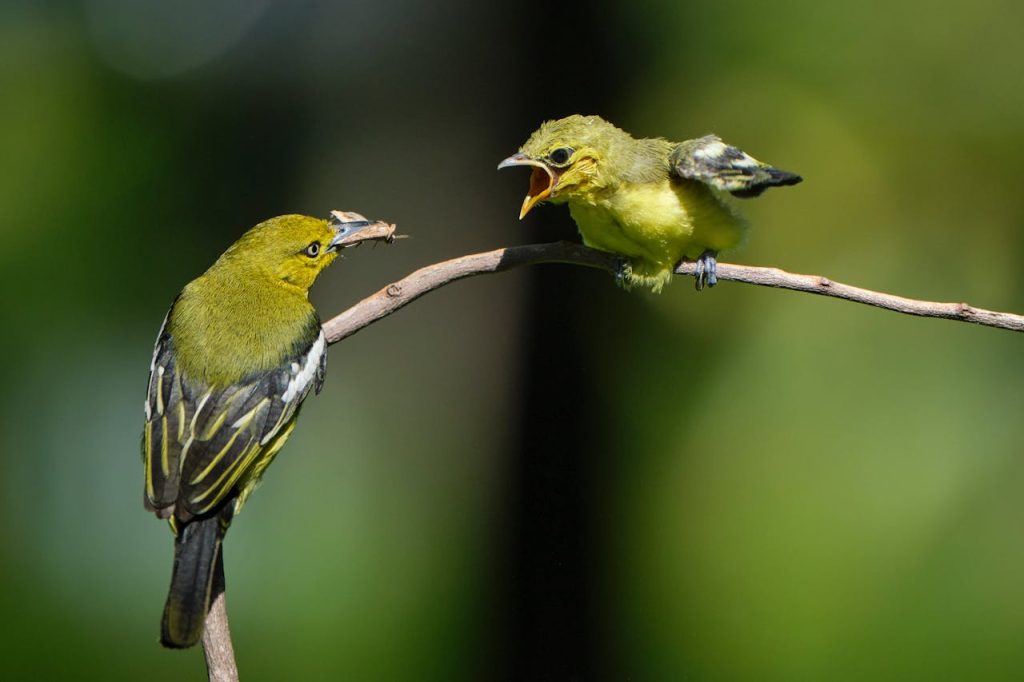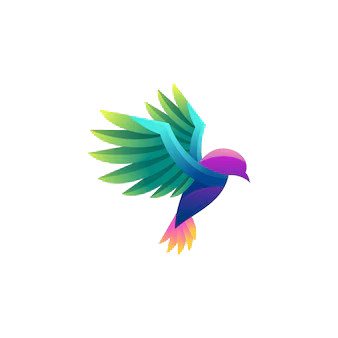
Watching finch or canary chicks grow from hatchlings to fledglings is both thrilling and demanding for breeders. As these young birds reach the fledgling stage between 18 to 21 days after hatching, they begin to explore beyond the nest and rely less on parental feeding. Here’s a comprehensive guide on managing fledgling birds and ensuring a smooth weaning process.
Understanding Fledgling Stage:
At around 18 to 21 days old, fledgling finch or canary chicks are fully feathered and eager to leave the nest. They exhibit increased activity, chasing their parents for food and exploring their environment.
Challenges and Precautions:
Young chicks prematurely leaving the nest (before 18 days) can face health risks, such as weakness. Common reasons include nest disturbances like mites or external disruptions like loud noises.
Managing Nest Disturbances:
If chicks leave the nest early due to disturbances, gently return them to prevent stress and monitor nest conditions for mites. Use appropriate mite treatments for the nest, cage, or entire bird room to maintain a healthy environment.
Mitigation of Feather Plucking:
Around day 14, parents may start plucking chicks’ feathers to prepare for a new nesting cycle. Prevent this by offering a new nest below the existing one with ample nesting material. In extreme cases, consider placing a small piece of salted, unscented fat near the nest to satisfy parental nutritional needs.
Weaning Process:
By 21 days, fledglings should be moved to a separate cage with a wire divider to ensure continued feeding by parents through the bars. Alternatively, replace real eggs with plastic ones once the last egg is laid, allowing fledglings to mature without disturbance.
Transition to Independent Feeding:
Parents gradually reduce feeding as fledglings learn to feed themselves. Provide a varied diet including soft foods like hard-boiled egg, soaked seeds, and fruits. Monitor their progress closely to ensure they adapt well to independent feeding.
Handling Weaning for Hand-fed Chicks:
For hand-fed chicks, introduce soft foods gradually around 28 days, encouraging them to feed independently. Place them in a cage with an experienced adult bird to learn feeding behaviors naturally.
Ensuring Health and Safety:
Monitor fledglings closely for signs of stress or illness during the transition period. Provide a spacious cage to prevent overcrowding and ensure access to food and water without competition.
Conclusion:
Weaning and caring for fledgling finches or canaries requires patience and careful observation. By understanding their developmental stages and providing appropriate support, breeders can ensure these young birds thrive into healthy adults. Each step—from managing nest disturbances to fostering independent feeding—contributes to a successful breeding experience and the well-being of the birds.
This guide equips breeders with essential knowledge to navigate the critical stage of fledgling care, fostering a rewarding journey in bird breeding.
